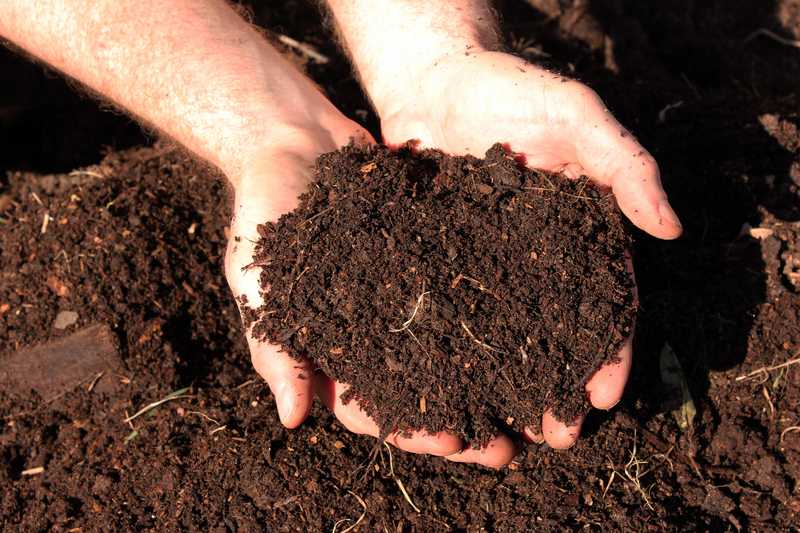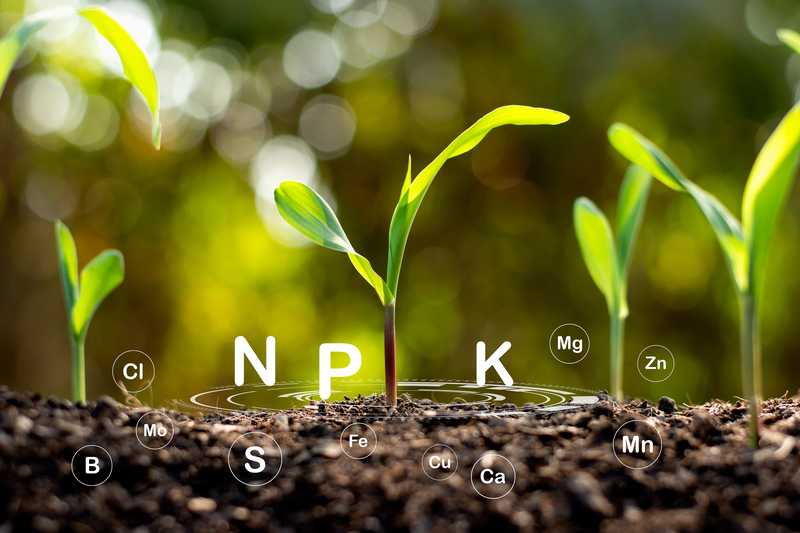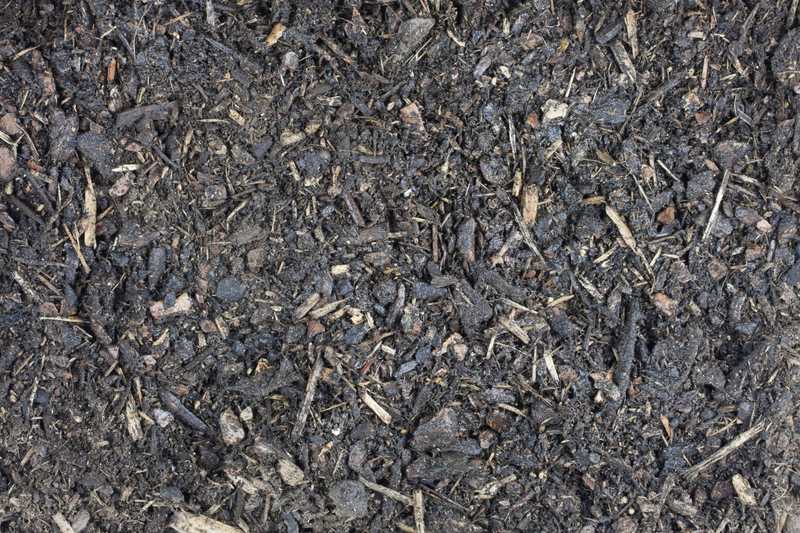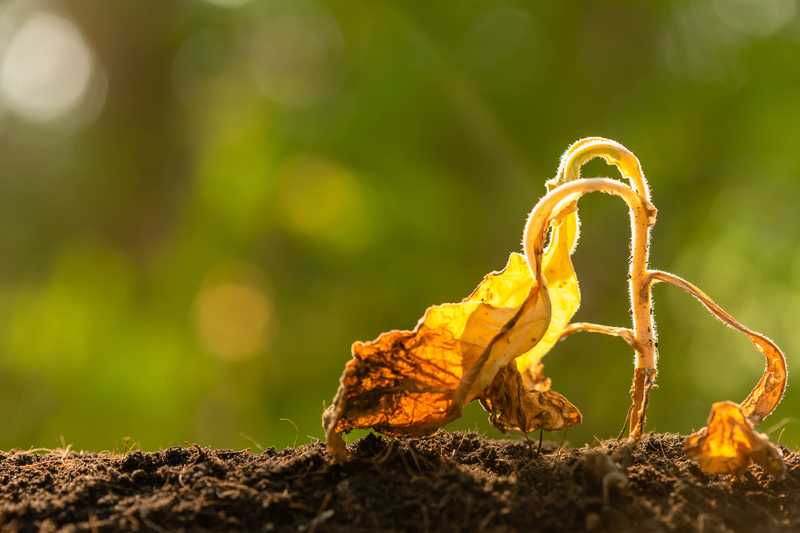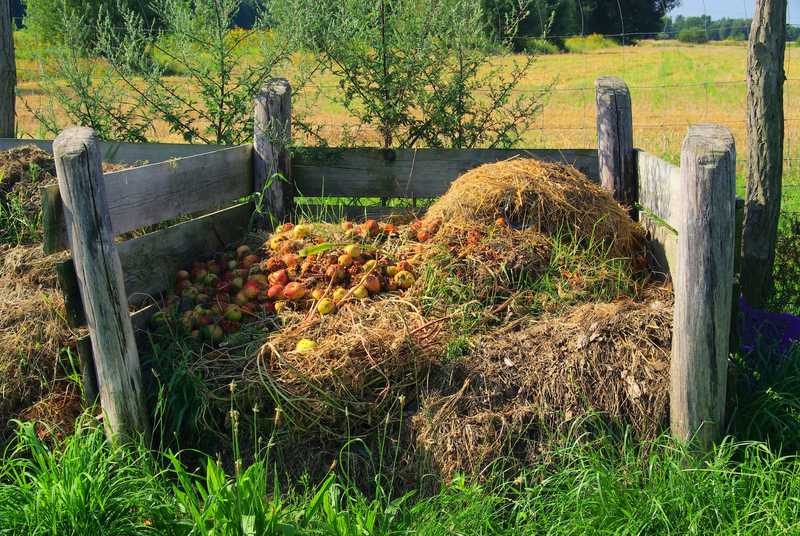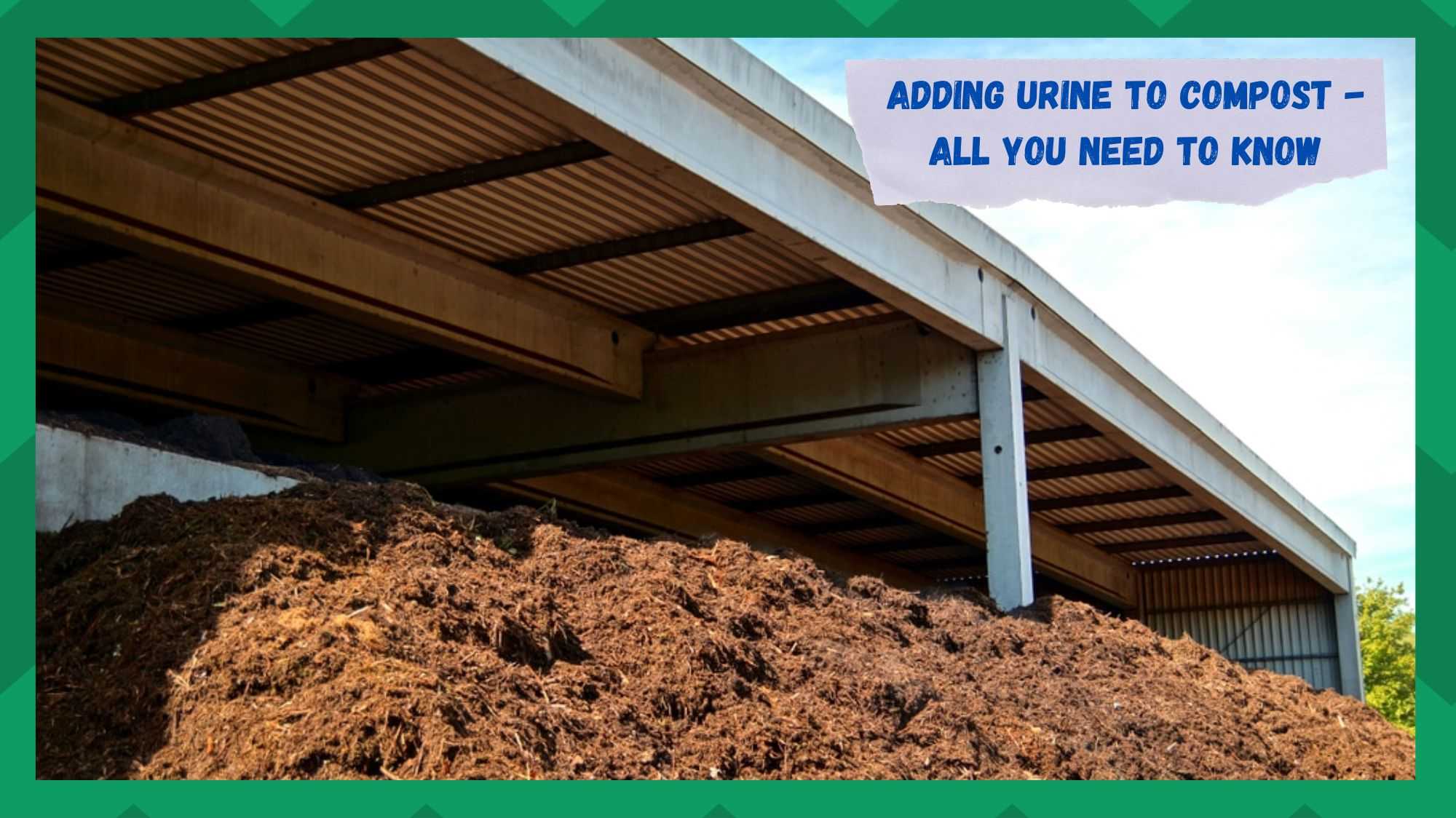
Compost is an organic matter that is used to enrich the soil and promote plant growth. More than 30% of our garbage is compostable food leftovers and yard debris.
Rather than sending these items to landfills, where they would take up space and emit methane, a potent greenhouse gas, they may be recycled into compost instead.
The primary purpose of compost-like products is to condition and feed the soil by adding humus, nutrients, and good soil bacteria. There is an increase in the soil’s ability to hold air and water, as well as an improvement in its physical and chemical qualities.
When appropriately used, compost has the potential to protect plants from a variety of diseases.
Why Do We Need To Add Urine In The Compost?
In a nutshell, the kidneys remove any excess nutrients that the body cannot use from the food we ingest, and the urine contains the discarded nutrients. The urine of humans has high concentrations of nitrogen, phosphorus, and potassium.
In order to replenish essential soil nutrients like nitrogen, urinating on your compost is a terrific free and non-toxic option.
Urine is a natural and inexpensive way to increase your compost’s moisture and mineral content, particularly nitrogen. Additionally, human urine may deter rodents and other pests from disturbing your compost pile. If you have a lot of urine in your compost, it might not smell nice because of the ammonia.
Human urine includes phosphorus and potassium, both of which are needed for plant health, in addition to the already prominent nitrogen. Wood ash in compost is a great way to mimic commercial fertilizers’ effects without adding any toxic chemicals typically found in them.
Human urine, when put on a compost pile undiluted, speeds up the decomposition of carbons and boosts the compost’s nutritional content.
If you want to add pee to your garden instead of your compost bin, make sure to dilute it to a 10:1 ratio. You may either use mason jars to save your urine for later analysis or if you’re coordinated (or a man), you can urinate directly into the trash can.
When the urine is used to make compost, it adds a lot of nutrients to the soil that plants need. Adding urine to compost is a great thing to do, and it will also help you get the best decomposition. Moreover, you’ll need to stick to the procedure to guarantee that your compost turns out properly.
There are contradictory views on whether or not to use urine in compost, so it’s essential to assess the situation before diving in. The addition of urine to compost has both positive and negative effects.
Therefore, you might want to know the answer to the question, “Is adding urine to your compost advantageous or not?” For that, let’s delve deeper into the benefits and drawbacks of using urine in compost.
Adding Urine To Compost
Advantages
The vast majority of plant life gets the nitrogen they need to flourish from the soil. Amino acids, proteins, and even DNA are all synthesized with it. Nitrogen typically cycles back into the soil as plants decayed where they grew or when animals ingested them and excreted the nitrogen in their waste.
However, nitrogen-deficient soils are increasingly widespread due to human behavior, including the consumption of plants, the use of toilets, and the planting of other plants in the exact location (this is one of the leading causes that farmers rotate their crops).
Compost plays an integral part in replenishing nitrogen in your soil. As well as, do you have any idea what contains a lot of nitrogen? Exactly, a urine sample.
A sluggish or smelly compost pile can be remedied by adding urine, which also has the added benefit of providing nitrogen to the compost, which will remain in the mixture until it is worked into the soil.
Adding “greens” to a compost heap is a common practice because of the high nitrogen content of these materials. If you’re already swimming in a sea of greens, adding more urine to the pile may be pointless.
To counteract this, a healthy guy can generate enough urine annually to fertilize 1800 pounds of compost with nitrogen if he drinks plenty of browns. However, you can’t go on vacation since you must stay at home and urinate on your composite.
One of the most significant differences between hot and dry composting is the amount of moisture in the compost. If your pile’s decomposition rate drops, it’s probably because the conditions there are no longer favorable to the bacteria and fungi that are doing the actual work.
One of the essential things you can do is to ensure your compost is wet at all times (and to stir it often to aerate it).
A large pile (the sort required for hot composting) involves a lot of water. The hose is constantly closed so that it may be used to saturate the pile and turn it over. It probably won’t provide enough moisture on its own unless you urinate on your pile every time you have to go to the bathroom during the day.
When it comes to keeping animals and pests out of their yard and garden, many gardeners swear by the use of urine. In fact, this is one of the main reasons why so many individuals urinate in their compost piles.
Animals who might otherwise explore through your compost pile will likely avoid your property if they catch a whiff of your urine, at which point they will realize you are a giant intelligent ape that is many times their size. It even has a chance of success occasionally.
The smell of human urine can deter certain animals, such as raccoons. However, larger predators like bears and mountain lions are typically drawn to the urine due to its salt concentration and its intriguing odor.
However, the verdict on whether or whether urine can effectively deter pests from your compost bin is still out on the table.
For what it’s worth, many individuals use this method religiously, even going so far as to urinate on their compost pile whenever they add scraps or materials that animals could find appetizing.
Disadvantages
As you probably already know, urine does not have a pleasant odor to smell. As urea breaks down into ammonia, the odor becomes even more intolerable. Although, if urine is diluted or neutralized, it shouldn’t be too much of a problem.
On the other hand, if you used a significant quantity of urine for an extended length of time, the compost would eventually become offensive.
Urine is a waste product that is expelled from the human body. That means it has unnecessary items. Urine contains significant amounts of salts as well as poisons such as heavy metals.
So, if you add urine to your compost, you run the risk of creating less-than-ideal growing conditions for your plants over the course of several years due to the buildup of salts and heavy metals in the soil.
People always say stuff like “urine is sterile,” which is mostly true. When they exit the kidney, this is indeed the case. However, once the urine has circulated through the bladder, it may come into contact with microorganisms that would then end up in your compost.
In this way, the compost’s microbial diversity is negatively affected by adding too much urine. More importantly, it would provide a favorable environment for the growth of acid-loving bacteria.
Utilizing this specifically on the plants that will be harvested for human consumption might prove to be challenging due to the nature of its intended purpose.
Therefore, if you are utilizing the compost for plants like flowers and trees, you might add some urine to it. Nevertheless, I strongly advise you to keep the urine-mixed compost away from your vegetables.
The Bottom Line
Human urine is one of the quickest-acting and most effective sources of nitrogen, phosphorus, potassium, and trace elements for plants, all of which are in an optimal form for osmosis.
And not only do we have access to it all year round, but it’s also completely free. New human urine is free of microorganisms because it is sterile.
If the smell isn’t a turn off for you and you can use the necessary quantity of urine without disrupting the plant-growth atmosphere or adversely affecting the vegetables, then, by all means, give it a go and see what kind of incredible results you get.

